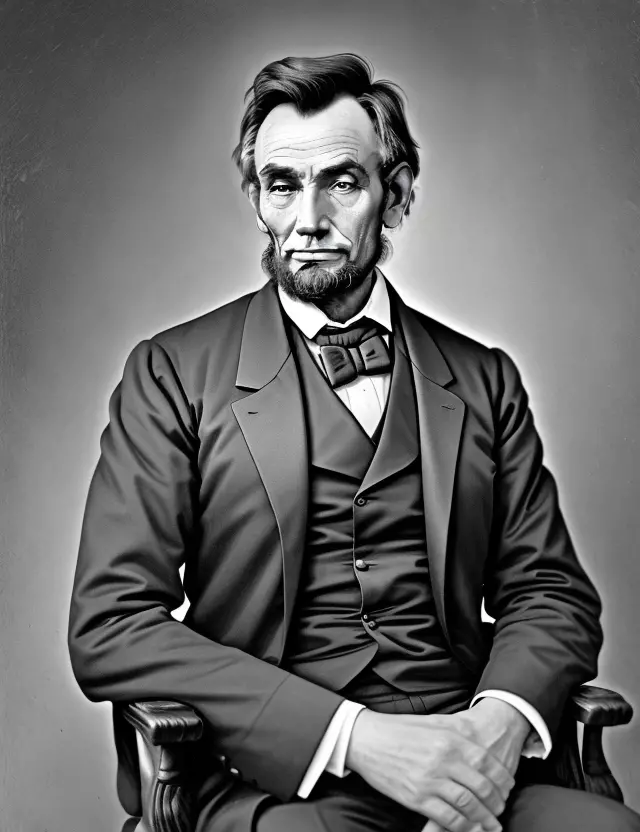Emancipation Proclamation: Abraham Lincoln's Historic Decree
January 1, 1863

Emancipation Proclamation: Abraham Lincoln's Historic Decree
On January 1, 1863, President Abraham Lincoln issued the Emancipation Proclamation, a historic and transformative decree that marked a crucial step toward the abolition of slavery in Confederate-held territories. This landmark moment occurred during the tumultuous period of the American Civil War, reshaping the course of the conflict and the nation's history.
Context of the Civil War
As the American Civil War unfolded, the issue of slavery played a central role in the conflict. President Lincoln, recognizing the moral imperative and strategic significance of addressing slavery, took a bold step with the Emancipation Proclamation.
Key Provisions
The Emancipation Proclamation declared that all enslaved individuals in Confederate-held territories were to be considered free. While it did not immediately free all enslaved people, as it applied only to areas in rebellion, it set the stage for broader emancipation and shifted the focus of the war toward a moral crusade against slavery.
Strategic and Moral Significance
Beyond its moral implications, the Emancipation Proclamation had strategic significance. By framing the conflict as a fight against slavery, President Lincoln sought to weaken the economic and social foundation of the Confederacy. The proclamation also opened the door for African Americans to join the Union forces, contributing to the strength of the Union army.
Impact and Legacy
The Emancipation Proclamation fundamentally transformed the character of the Civil War. It signaled a commitment to freedom and equality, inspiring enslaved individuals to seek refuge behind Union lines. It also paved the way for subsequent developments, including the eventual abolition of slavery through the 13th Amendment to the U.S. Constitution.
Commemorating Freedom
As we reflect on January 1, 1863, we commemorate the issuance of the Emancipation Proclamation and its profound impact on the struggle for freedom and equality. The proclamation stands as a pivotal moment in American history, representing a commitment to the principles of liberty and justice for all.



